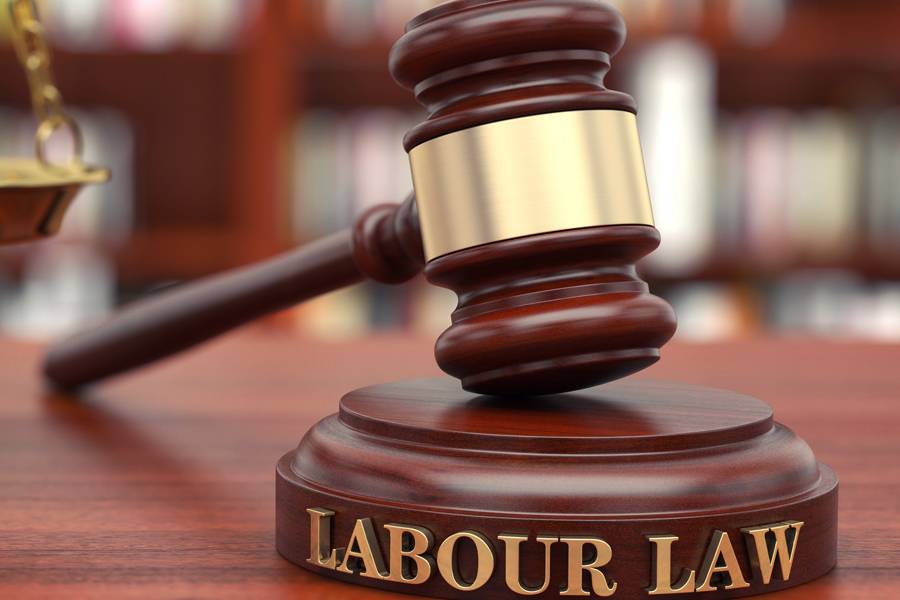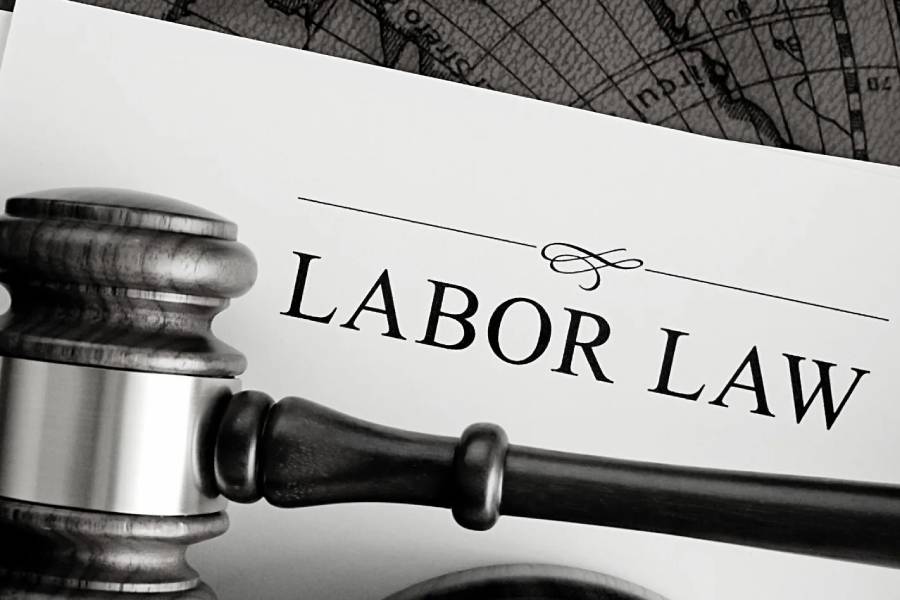
The United Arab Emirates (UAE) has emerged as a beacon of economic prosperity and a hub for international business in the Middle East. This rapid development has been supported by a diverse workforce comprising local and expatriate employees and fair practice of upholding it by law firms in Dubai. Understanding the unique position of UAE labor laws within the global legal framework requires an exploration of their evolution, key features, and how they compare with international standards.
Evolution of Labour Laws in the UAE
The foundation of labor laws in the UAE can be traced back to Federal Law No. 8 of 1980, or the UAE Labour Law, which set the groundwork for employment regulations in the country. Over the years, this law has undergone several amendments to adapt to the changing economic landscape and workforce dynamics. The UAE’s labor laws have evolved to address the needs of a growing economy, ensuring workers’ rights while promoting a competitive business environment.

Key Features of UAE Labour Laws
UAE labor laws stand out for their comprehensive coverage of employment aspects, from contract formation to termination and everything in between. Some key features include:
Contract Types and Termination
The UAE distinguishes between limited (fixed-term) and unlimited contracts, with specific provisions for termination and end-of-service gratuity, a form of severance pays.
Wages Protection System (WPS)
A notable innovation is the WPS, an electronic salary transfer system that ensures timely and full payment of agreed-upon wages.
Working Hours and Leave
The laws stipulate standard working hours, overtime compensation, and annual leave, among other leave entitlements, ensuring workers have adequate rest and personal time.
Health and Safety
Regulations mandate safe working conditions, health care, and compensation for work-related injuries or illnesses.
Dispute Resolution
The Ministry of Human Resources and Emiratisation (MOHRE) provides mechanisms for dispute resolution between employers and employees, emphasizing mediation and arbitration.

Comparison with International Standards
Compared to global standards, such as those set by the International Labour Organization (ILO), UAE labor laws exhibit alignment and unique adaptations. The UAE has ratified several ILO conventions, demonstrating its commitment to upholding international labor standards. However, the UAE’s labor laws also reflect the country’s specific socio-economic context, particularly in managing the large expatriate workforce that powers its economy.
One of the most discussed aspects of UAE labor laws internationally is the sponsorship system (Kafala), which ties an employee’s visa and legal status to their employer. While this system has faced criticism, recent reforms to improve worker mobility and protect employee rights signify the UAE’s efforts to address concerns and align more closely with international norms.
Labour Law Reforms and Future Directions
The UAE has taken a proactive approach to labor law reform, with significant changes introduced to enhance labor market flexibility and protect workers’ rights. Recent reforms include the introduction of part-time work permits and freelance permits and the easing of restrictions on job mobility for expatriate workers. These reforms are part of the UAE’s Vision 2021 and Centennial 2071 goals, which aim to build a competitive knowledge economy and ensure sustainable development.
The Impact of Labour Laws on the UAE’s Global Standing
UAE labor laws’ distinctive features and ongoing reforms significantly affect the country’s global standing. By striving to balance workers’ rights and welfare with employers’ and the economy’s needs, the UAE enhances its attractiveness as a destination for international talent and investment. The commitment to evolving labor laws reflects the UAE’s broader ambitions on the world stage, including its role as a mediator in international disputes and promoter of peace and stability in the region.
Conclusion
UAE labor laws occupy a unique position within the global legal framework, characterized by a blend of international alignment and local adaptation. The evolution of these laws, marked by continuous reform and innovation, demonstrates the UAE’s commitment to creating a fair, safe, and competitive working environment. As the UAE continues to adapt its labor laws in response to economic and social changes, it reinforces its status as a leading global hub for business and employment.